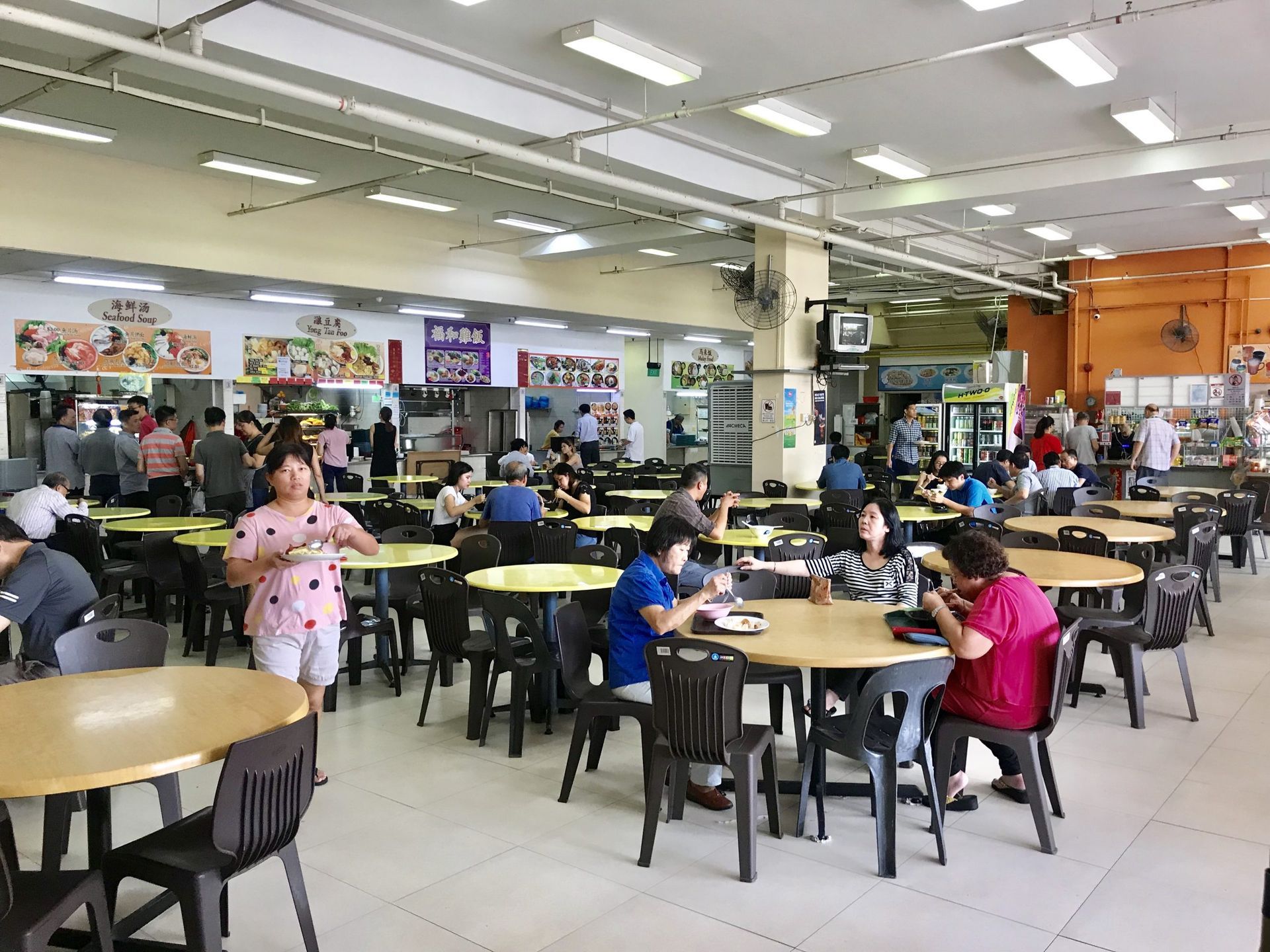How to choose the right CRM solution for your F&B Business in 2024
In the competitive landscape of the Food and Beverage (F&B) industry in Singapore, staying ahead requires not only exceptional culinary skills but also effective customer relationship management (CRM). A robust CRM solution can be a game-changer for restaurants and cafes, facilitating seamless operations, customer engagement, and loyalty management. This guide outlines essential considerations to help you choose the right CRM solution for your F&B business in Singapore in 2024.
Understand Your Business Needs
Before diving into the realm of CRM solutions, assess your specific business needs. Consider factors such as the size of your restaurant or cafe, the volume of daily transactions, and the level of customer engagement you aim to achieve. Identifying your unique requirements will guide you in selecting a CRM solution that aligns with your business goals.
Loyalty Management Integration
Loyalty programs are integral to fostering repeat business in the F&B industry. Look for a CRM solution that seamlessly integrates loyalty management features. This could include point-based systems, personalized rewards, and targeted promotions. A CRM solution with robust loyalty management capabilities can enhance customer retention and satisfaction.
User-Friendly Interface
The effectiveness of a CRM solution largely depends on its user adoption. Choose a platform with an intuitive and user-friendly interface that minimizes the learning curve for your staff. A system that is easy to navigate will encourage your team to leverage its full potential, leading to improved customer interactions and data utilization.
Scalability and Flexibility
The F&B industry is dynamic, and your business may experience growth over time. Select a CRM solution that is scalable and can adapt to the changing needs of your restaurant or cafe. Whether you're expanding your menu, opening new locations, or introducing innovative marketing strategies, your CRM should grow with you.
Data Security and Compliance
Given the sensitivity of customer data, prioritize a CRM solution that places a strong emphasis on security. Ensure that the chosen platform complies with data protection regulations in Singapore. This not only safeguards your customers' information but also protects your business from potential legal implications.
Integration with POS Systems
Streamlining operations is crucial in the F&B sector, and integration with Point of Sale (POS) systems is essential for efficiency. Choose a CRM solution that seamlessly integrates with your F&B POS system, allowing for real-time data synchronization. This integration can enhance order accuracy, improve inventory management, and provide a holistic view of customer interactions.
Customer Support and Training
Opt for a CRM provider that offers excellent customer support and comprehensive training programs. A responsive support team and adequate training resources ensure that you can maximize the benefits of your CRM solution. This support is particularly crucial during the initial implementation phase.
Choosing the right CRM solution for your F&B business in Singapore is a strategic decision that can significantly impact your overall success. By considering factors such as loyalty management integration, user-friendliness, scalability, data security, integration with POS systems, and customer support, you can make an informed choice that aligns with the unique needs of your restaurant or cafe in 2024. Embrace technology to strengthen customer relationships, streamline operations, and stay ahead in the dynamic F&B industry.
Looking for a CRM solution for your F&B business? Click here to contact us and find out more!
Interested in a CRM Based POS System, QR ordering or a standalone CRM membership system?
Send an Enquiry!
You might also like



